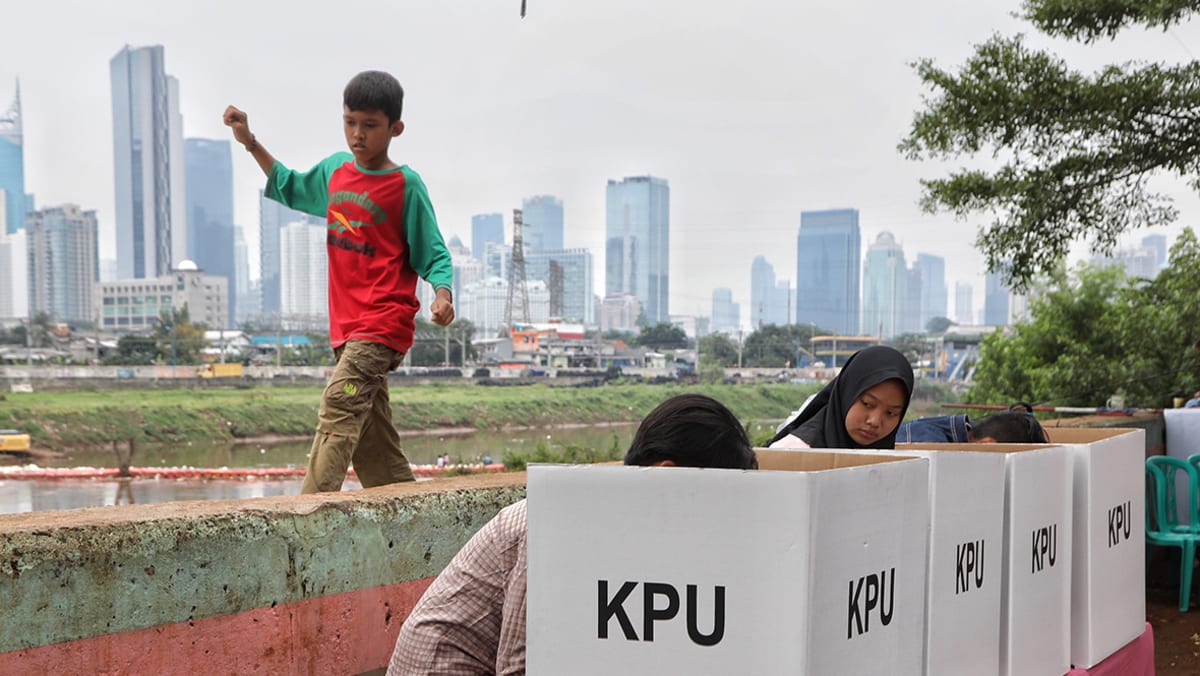
Ika Krismantari
By
Nurul Fitri Ramadhani
THE YOUTH VOTE
One interesting aspect of the Indonesia 2024 elections is that the young generation (aged 22-30 years) will dominate with 114 million voters, or 56.4 per cent of the total voters nationwide.
Half of them will be first-time voters. A key question will be whether they are willing to participate or not.
A study conducted by the Centre for Strategic and International Studies (CSIS) in August 2022 revealed that young voter participation in the 2019 election was 91.3 per cent, up from 85.9 per cent in the 2014 election.
But when asked about their views, the percentage of young people who declared an interest in politics was a mere 1.1 per cent. Many young voters were undecided, pessimistic about the political situation and lacking in trust in the political elite.
Another earlier study (by Singapore’s S Rajaratnam School of International Studies) suggested that Indonesia’s younger generation tends to be apathetic about political developments and not as nationalistic as other generations in the country.
Young voters also could not be easily driven by their families’ favouritism towards certain candidates. This pattern is different from previous elections.
Since the number of young voters is huge, political parties and potential candidates have started to implement social media strategies to attract them.
THE SIMULTANEOUS ELECTION
This will be the second time Indonesia has held presidential and legislative elections at the same time. The legislative elections will consist of votes for the national-level council and the House of Representatives as well as regional legislative bodies.
Some scholars are questioning this approach as it is considered complicated — even more complex than it was in the 2019 elections — and may confuse many voters. It is also burdensome for election organisers.
For the first time, polling day will be in the country’s rainy season. This could bring tough logistical challenges because in Indonesia, heavy rains can easily trigger floods and landslides.
THE SYSTEM
Since the 2009 general election, Indonesia has implemented an open proportional election system — voters directly vote for candidates for legislative members listed on their ballot papers.
This system differs from the closed proportional system previously implemented from 1971 to 1997 – where voters voted for the political parties, and then the parties internally selected candidates for the legislative seats.
With the open proportional system, the election gives voters more power over political parties to choose who will get the seats. Efforts by some to restore the closed system were stopped by the Constitutional Court.
HOAXES, MISINFORMATION AND SOCIAL MEDIA
Indonesia faces complicated challenges related to the spread of fake news or disinformation, with many studies indicating that intentionally misleading campaigns are thriving on social media.
Indonesia has the second-largest audience globally on TikTok. The country’s Ministry of Communication and Information has found 425 hoaxes spreading on social media during the first quarter of this year, up from 393 findings in the same period of 2022.
Misinformation and disinformation on social media are rampant ahead of the 2024 election. Given the scale of the poll and the lack of content moderation on platforms, the impact of this activity could well be highly significant.
The world’s biggest one-day election may become dominated by a struggle to contain rampant anti-democratic influences. THE CONVERSATION
ABOUT THE AUTHORS:
Ika Krismantari is the chief editor and content director at The Conversation Indonesia and Nurul Fitri Ramadhani is the politics and society editor at the same non-profit organisation which publishes news analysis and academic research.
![]()